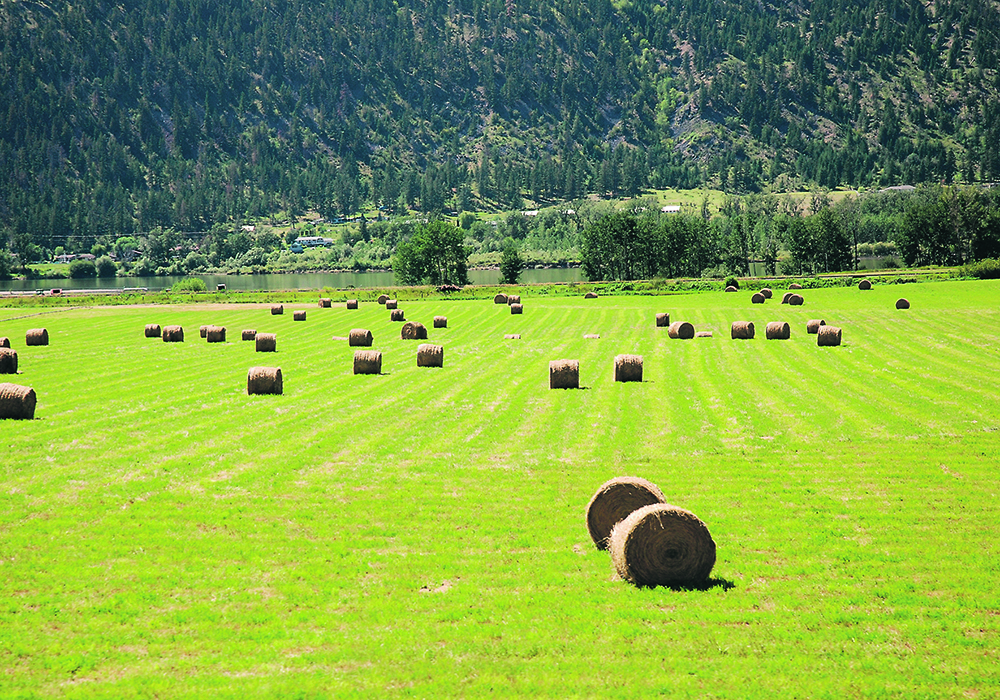A study on farming and food systems in the Okanagan region of British Columbia focuses on regionalization.
Released by the Institute for Sustainable Food Systems (ISFS), the 80-page Okanagan Bioregion Food System report comprises three years of research.
“The Bioregion Food System project in the Okanagan is intended to examine the potentials and substantially re-regionalizing food systems,” said ISFS director Kent Mullinix.
Compiled data will be provided to decision makers in the region.
Read Also

StatCan stands by its model-based crop forecast
Statistics Canada’s model-based production estimates are under scrutiny, but agency says it is confident in the results.
According to the report, the Okanagan has some of the highest quality farmland in B.C.
The study contains information on climate change, food insecurity and efforts by Indigenous people to safeguard food sovereignty. It describes ways that the food sector can become more self-reliant.
Researchers said habitat protection and on-farm habitat enhancements could lower the environmental impacts of farming. It said reduced meat consumption could also reduce the ecological footprint and greenhouse gas emissions.
“There is a need to acknowledge that climate change in the 21st century brings the potential for repeated disruptions and compounded emergencies,” the study stated.
Mullinix said the global food system is ruining agriculture in rural communities and is not sustainable because of its impact on the environment. That includes habitat degradation and use of limited resources, among other issues.
The study indicates the Okanagan region has potential to provide 70 percent of people in the area with locally produced food. In 2016, the region was only 38 percent self reliant.
The study is also critical of large corporate influences.
“I don’t think that we should have a food system that is entirely responded to Walmart,” said Mullinix. “We need to bring the food system back home so the communities can determine what kind of food system they want and that our food system enriches family-based farming and in rural communities.”
Mullinix said he has worked on and owned farms and has seen them collapse due to the current global industrial food system.
Research associate Kristi Tatebe said the main study goal is to provide information to policy makers and also inspire Okanagan residents. Additional funding will be put toward another similar project.
“We’re hoping that we can work with our partners in the region to help create a planning process for the region that brings all the stakeholders together, kind of like a company,” she said.
“We’re working together to understand what that process is like so that we can support our growers and develop the full production sector and do all these things that we do.”


















